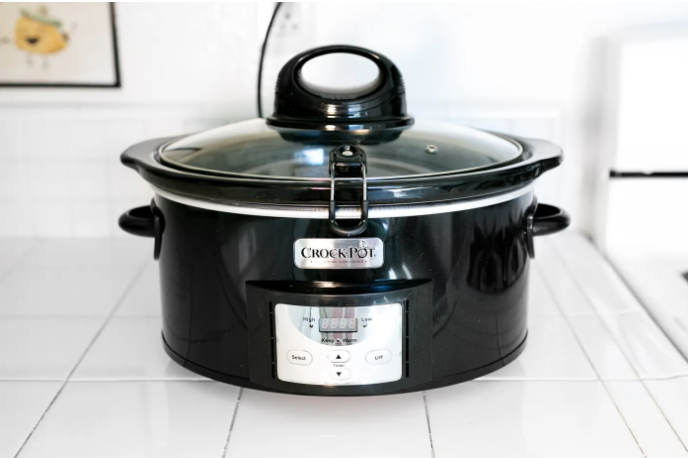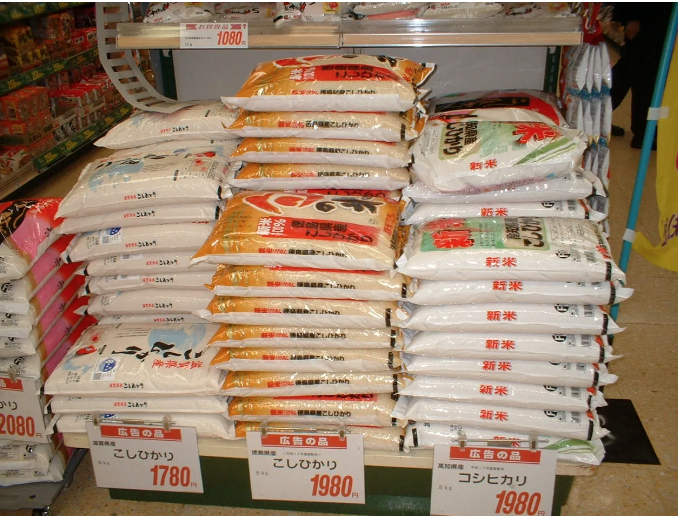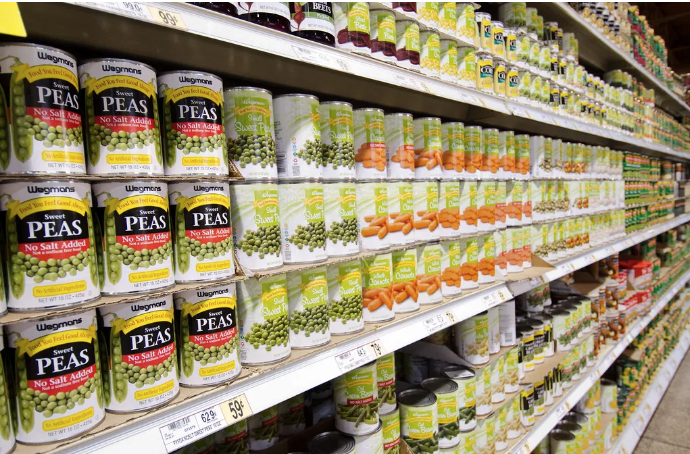5 Ways to Stretch Your Quarantine Food Budget

Mar 27 | 2020

Maybe you’re recently out-of-work. Maybe school has shut down and confined you to your apartment.
Maybe you’re working from home for the second consecutive week. Whatever’s happened, you’re likely, for the first time, needing to plan, prepare, and consume all your weekly meals from the confines of your kitchen. It’s a taxing prospect, especially since grocery stores are infected zones to be avoided whenever possible. There are other options on the table, but many of us are priced out of grocery delivery services through Amazon or Peapod, or otherwise can only make it worthwhile by buying in bulk.
For those reasons, it’s vital to keep fridges and pantries stocked for as long as you can, for as little money as possible, without settling for pasta so often that it plumps you up like a Christmas goose by the time this is over. So, here are five easy ways not only to stretch your money as far as possible, but also keep your meals varied, relatively healthy, and long-lasting.
1. The Ol’ Slow-Cook-and-Freeze
Physically cooking requires constant focus and multitasking. But there’s no cheaper and healthier way to cook than when you prepare meals yourself, using ingredients you’ve decided on. But cooking, while cathartic to some can be a hassle. Enter slow-cooker.

A slow-cooker, crockpot, or pressure cooker will suffice. As long as you can put food in it and then leave it alone to cook, the thing you’re thinking of will be a perfect tool. Thats not just because it requires only preparatory steps—cut vegetables, thaw chicken breast, choose sauces, cover, wait—but because these things make a ton of food. Since the smallest size slow-cooker still allows six-quarts of ingredients, you’re looking at a week’s worth of meals (if you can make them last that long).
The freezer is your friend. Put stews in deli containers; tupperware meats indefinitely. Just as bulk-buying minimizes miscellaneous charges like delivery and service fees, bulk-cooking minimizes prep time, maximizes meal amount, and lets you cook cheap and simple ingredients like potatoes, turnips, or radishes in really interesting ways.
2. Rice (and Grains)
Let rice be your culinary staple because rice is cheap. You will find bagged rice in all sorts of uncooked varieties: brown, black, wild, forbidden, long-grain, basmati, jasmine, white. If you have a rice-cooker, you are likely already aware of the beauty freshly-cooked rice exudes. But even amateurs need no more than a pan, heat, and tap water, to cook huge amounts of rice in short amounts of time. Directions are on the bag and differ based on rice type, amount, and company, but heed them. Just two cups of rice, usually about half an average bag, will provide multiple-day’s worth of sustenance.

If you’re health-conscious, quinoa can be prepared and stored similarly, although at a bit more premium price point.
3. Potatoes
“Boil ’em, mash ’em, stick ’em in a stew,” says Samwise Gamgee in Lord of the Rings, describing his personal precious. Potatoes are the MVP of foods because they can take so many different forms, be prepared in so many different ways, and last forever. Small potatoes (fingerlings, butterballs, etc.) can be easily boiled in bulk and thereafter last for a week in the fridge, serving dutifully as sides or meal bases or as simple, salted snacks. Sacks of potatoes, while heavy, are low-cost, and because it’s rather easy to cut them, dice them, boil them, smash them, microwave them, or bake them, you can conceivably have a different form of the world’s greatest starch for every meal for a week or more.
4. Canned Foods
Buy canned vegetables. Buy canned beans. Buy canned anything. Canned foods get a bad rap because their containers are often dinged and un-lasciviously-colored, but the food inside is allowed to marinate in its own juices and keeps for years. A can of beans can be a meal all on its own, usually for somewhere close to 99 cents. Get a couple cans of beans and a bag of rice and find yourself understanding why rice and beans is a beloved culinary staple the world over.

Be careful intaking too much sodium (many canned foods will have separate low-sodium versions), but with a little bit of extra time in the aisle, you can leave the store with pounds of delicious and nutritious foods to keep around for snacks (canned corn always hits the spot and goes shockingly well in guacamoles) or as meals unto themselves.
5. Vegetable-Based Proteins
Plant-based protein options are comparable in price to meat, keep longer, require far-less preparation, and are more versatile. Whether it’s veggie-or-bean-based burgers, vegan sausage crumbles, faux chicken, or garden-variety tofu, the plant-based protein industry is coming up with new ways to pique our salivary glands daily. Vegetable-based options are easily thrown into any dish for extra protein and generally require no more than a quick pan saute to show their true flavors. Freezing meat is not a bad option, but that strategy requires large amounts of meat to be cooked at once, and it’s generally inadvisable to re-freeze already cooked food. In contrast, vegan food can be kept for months or more.










